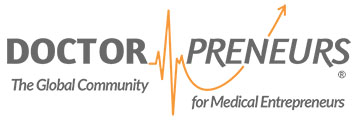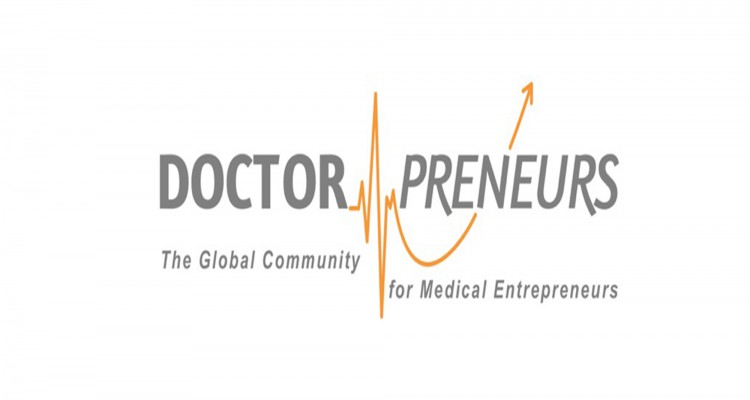I am a physician, with a career focused on health entrepreneurship and innovation. This is a field that has motivated me to take action to tackle the COVID-19 crisis in Mexico.
In just around three days, I, together with an international interdisciplinary team involving other physicians, social entrepreneurs, developers, lawyers, designers, marketing specialists, and other creatives, developed a cross-platform technology system to help give free and quick access to health services to anyone in need in Mexico. The fastest way to do so was to use existing technologies, such as telemedicine and health chatbots. We were able to implement – in possibly record time – a country-wide solution to help decrease patient volume in emergency rooms, clinics, and hospitals.
The general idea of Viive is for the users to interact with a health chatbot. If the algorithm detects that they require further health assistance, the chatbot helps them contact an available health provider – either over the telemedicine platform, by phone or, if an emergency is recognised, by directing the user to the nearest health facility. These chatbots can also integrate with other systems to regulate the volume of patients in hospitals, clinics, or emergency rooms, and can prevent facility overcrowding.
The potential for telemedicine
Whilst it is probable that most of us will become ill with COVID-19, evidence shows that most of the cases will not likely be severe. Telemedicine, in these cases, would allow individuals to receive supportive care, minimise their exposure to other high-risk patients, and therefore, reduce the spread of the disease. Lee H. Schwamm, MD, in a Harvard article, described that telemedicine services could help flatten the curve by allowing individuals with mild symptoms to stay at home and handle their disease like any flu-like illness. Telemedicine also helps prevent overcrowding healthcare facilities.
Moreover, recent reports have shown that COVID-19 mortality rates in regions of China where access to healthcare is low, exceeded mortality rates found in regions with greater healthcare resources. Accordingly, aside from handling the requirements of mildly ill patients, telemedicine might be a great tool for enhancing the treatment received by COVID-19 patients, by providing speciality care in areas with limited resources. Two California-based health tech startups, Medwave Software Solutions and OffSiteCare, are working together to tackle this issue. They are joining forces to offer intensive care telemedicine services for low access hospitals in Latin America.
The potential for chatbots
On the other hand, health chatbots, through automated algorithms, allow individuals to be screened for COVID-19, assess the severity of their symptoms, and help categorise patients before they arrive at a health facility using forward triage. Chatbots can also help individuals understand if they require medical help or not, answer frequently asked questions, and give them a sense of support. The good thing about the automation of chatbots is that they are available 24/7 and can handle thousands (and even millions) of users at the same time. This way, at any time, users can understand whether they are at risk of being infected. These chatbots can be deployed to several already-known platforms, such as WhatsApp, Facebook Messenger, Telegram, or even be used as phone bots (for example, providing the screening tool over a phone call). Access can therefore be widely available.
Several organisations are using chatbots to deliver curated COVID-19 information to tackle damaging “Fake News” that is mostly being distributed through social media. For example, the World Health Organization and Rakuten Viber launched an interactive chatbot to deliver updated COVID-19 information to billions of users. Similarly, the CDC has also launched a chatbot using Microsoft’s Healthcare Bot platform in their website. And in Italy, Paginemediche created a chatbot to provide an online triage, based on the Italian Ministry of Health’s guidelines.
More work to be done
At the moment, is not all good news in several countries, because essential work is yet to be done regarding regulatory structures for implementing telemedicine services. Although this may take some time, I consider telemedicine is crucial for tackling the COVID-19 crisis and other healthcare challenges. Also, chatbots soon must be evaluated to create a well-defined, internationally accepted, and structured risk self-assessment.
Affiliations disclosure:
I have served as a consultant for the viive.com.mx initiative, and I am a regional medical director for Medwave Software Solutions, Inc.

